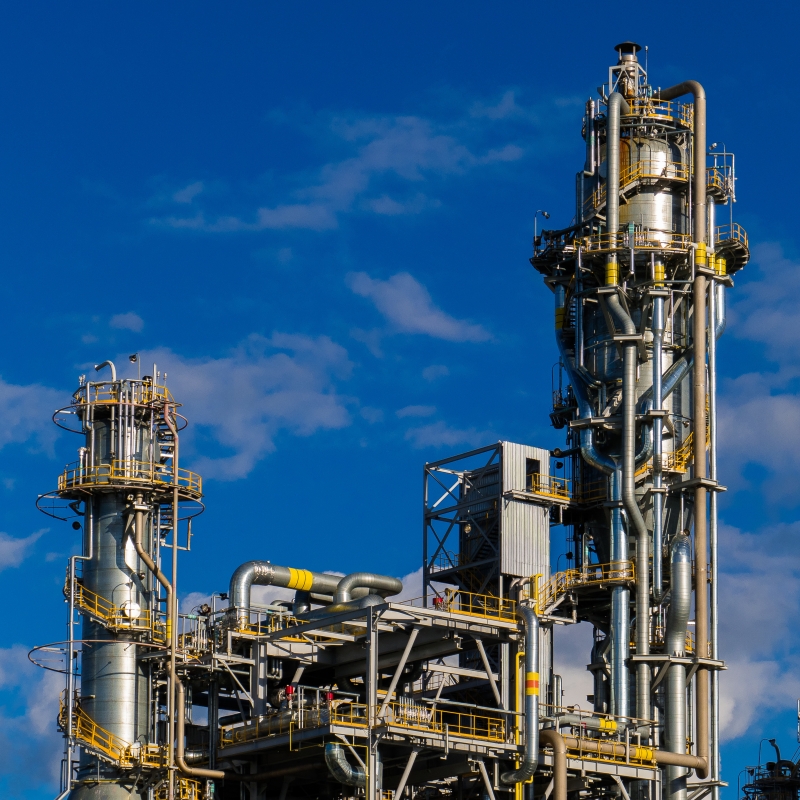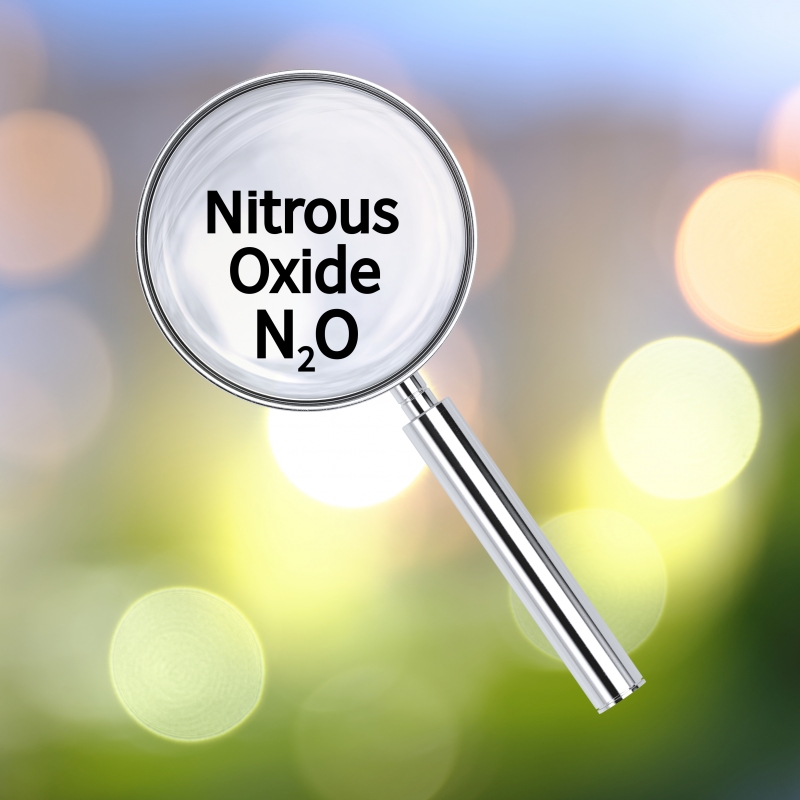In order to contribute to Mexico’s climate change goals, an initiative from the Nitric Acid Climate Action Group (NACAG) has begun operations in the country and will be implemented in a joint effort between the Secretariat of Environment and Natural Resources (SEMARNAT) and the German Cooperation for Sustainable Development in Mexico (GIZ).
NACAG is a global proposal that offers financial support for the installation of nitrous oxide (N2O) abatement and monitoring technology in nitric acid production plants, and advises governments and national producers on technological and regulatory issues related to the reduction of emissions. Support is available only for countries that are eligible to receive official development assistance (ODA) and that adhere to the initiative.
Nitric acid is an important product for the chemical industry, as it is used in the production of nitrogen-based artificial fertilizers. However, its manufacturing process emits N2O, a powerful greenhouse gas with a global warming potential 265 times that of carbon dioxide (CO2).
Although emission abatement technologies are available at a comparatively low cost, the N2O generated in the production of nitric acid continues to be emitted into the atmosphere in most countries around the world. This is mainly due to the fact that producers do not have the adequate incentives to make the investment in mitigation technologies, since these technologies do not represent a competitive advantage. Added to this is the lack of mechanisms for regulating emissions in this sector almost globally.
Financial support for nitric acid producers is conditioned on the Mexican government’s commitment to establish policies that ensure N2O mitigation activities continue to be carried out efficiently and sustainably in the long term.
In parallel to the implementation of technology, NACAG will provide advice to the Mexican government on public policies that seek to regulate emissions in the sector. A study has been initiated to evaluate the options of legal instruments that affirm, in the long term, the reduction of N2O in the nitric acid sector, such as incentive mechanisms, regulatory tools, voluntary agreements or domestic carbon markets. The study will also analyze the current situation of the sector at the national level, in order to assess the type of technology to be installed in each of the plants operating in the country without mitigation technology.
During the current year, GIZ will work with SEMARNAT and the relevant actors in the nitric acid sector to present the initiative and initiate the corresponding agreements to finance and install the abatement technology. In this sense, NACAG will contribute to the fulfillment of the national goals for the reduction of emissions established in the Nationally Determined Contributions (NDC).
The NACAG initiative is a project funded by the Federal Ministry of the Environment, Nature Protection and Nuclear Safety (BMU) of Germany. Currently, other donor countries are being sought to increase the number of plants that will receive financing.
GIZ has been commissioned by BMU to perform the functions of the Technical Secretariat of NACAG, being the entity responsible for implementing the initiative in all countries compatible with its objectives.



